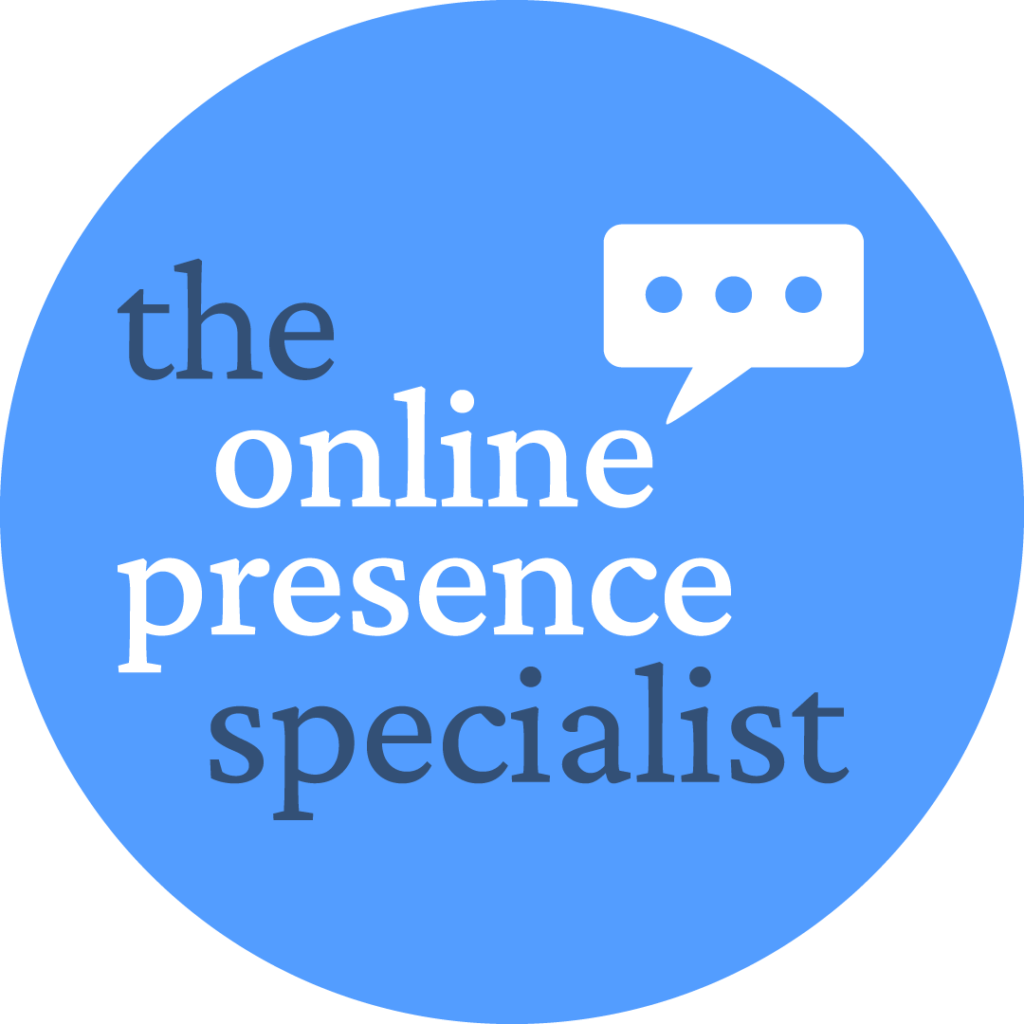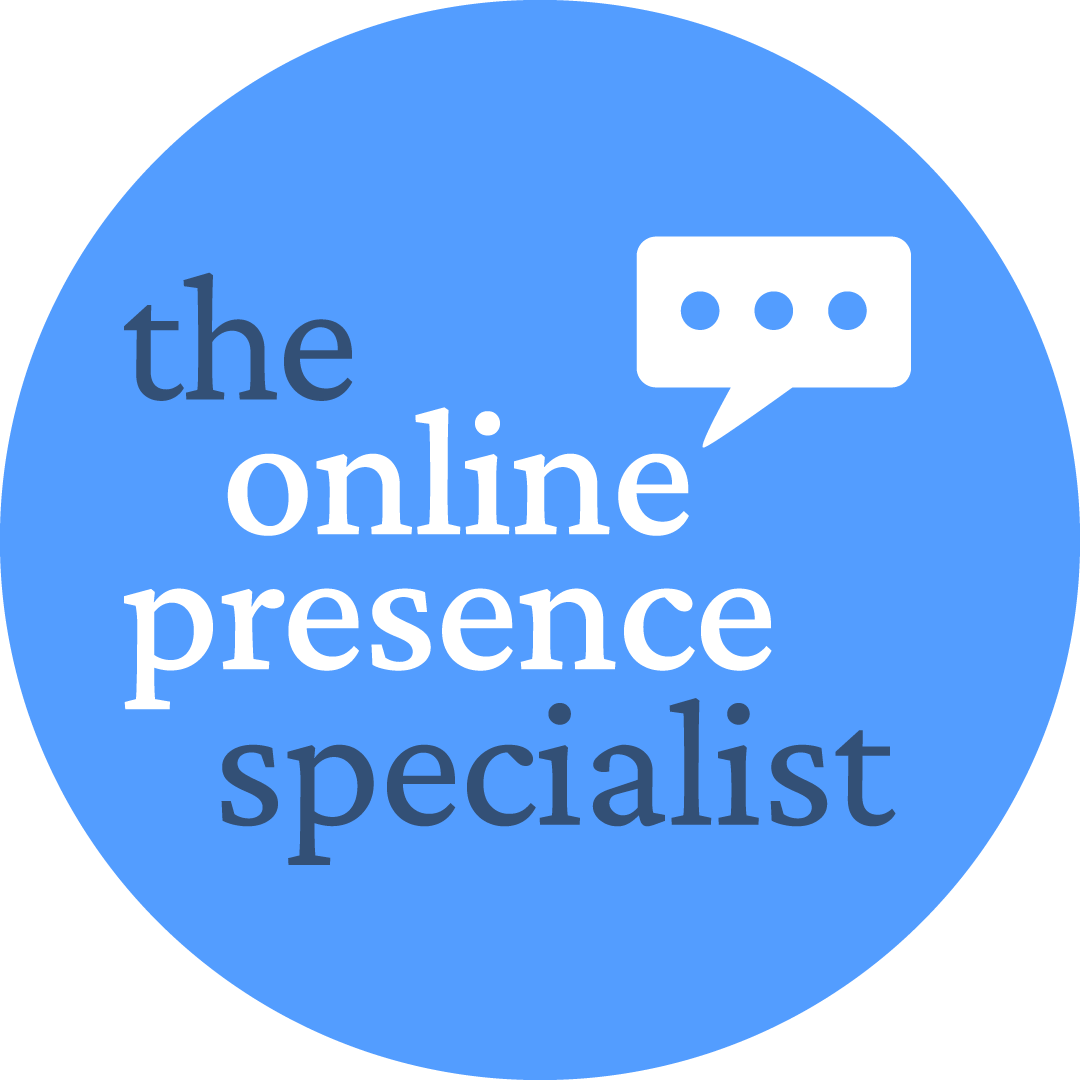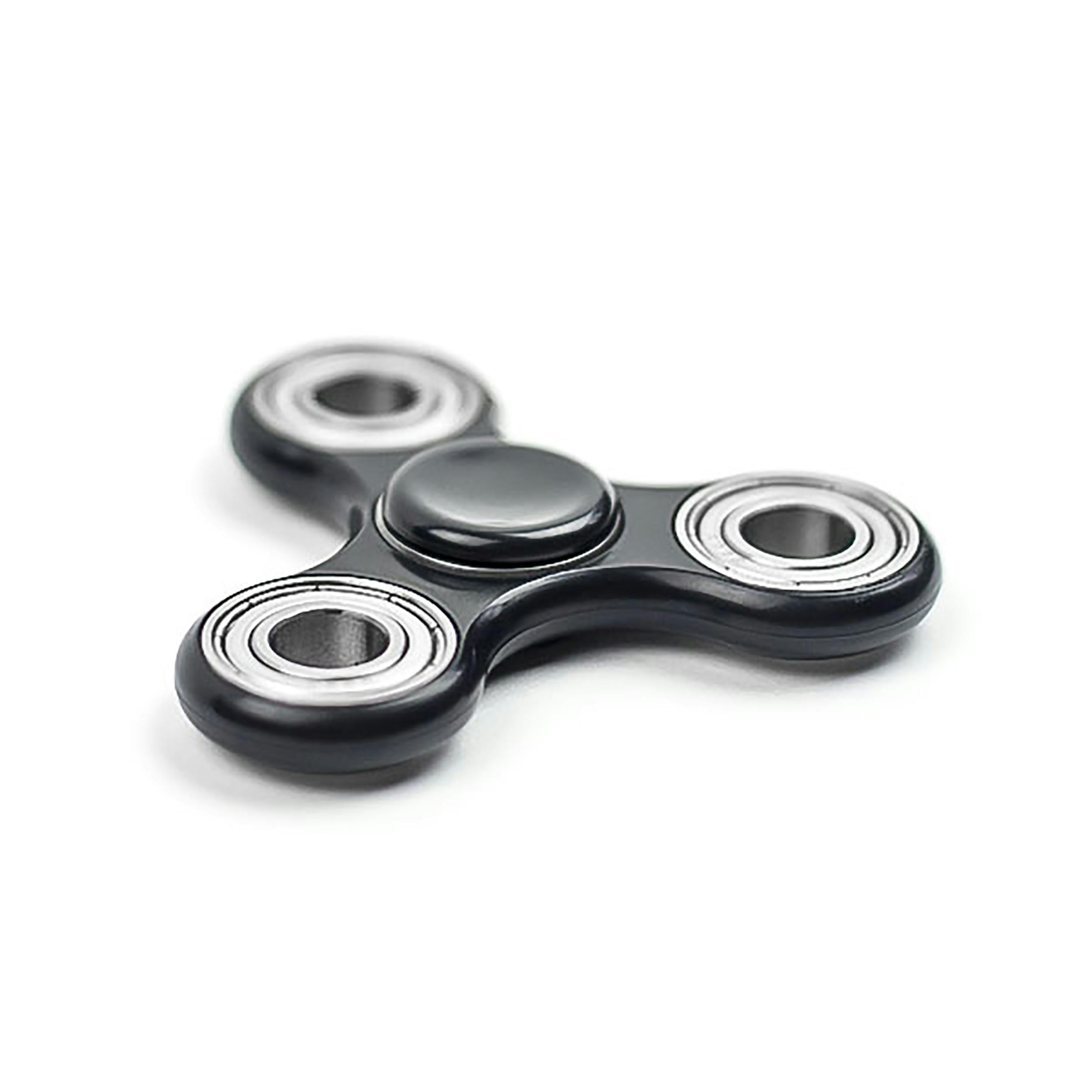Welcome to the latest online presence blog! This month I thought I would let you come and have a proper look around the inner workings of my creepy little brain. Here are some tips and tricks for working from home with ADHD.
What is ADHD?
ADHD stands for Attention Deficit Hyperactivity Disorder.
ADHD
/ˌeɪdiːeɪtʃˈdiː/
Attention deficit hyperactivity disorder (ADHD) is a condition that affects people’s behaviour. People with ADHD can seem restless, may have trouble concentrating and may act on impulse.
Most people know it from the early 90s when it was mostly attributed to primary school aged boys who “couldn’t listen” or “sit still” at school.
Nowadays more and more adults, (especially women like me) are being diagnosed in adulthood.
I got my diagnosis at the age of 31 and it was a huge shock to my system. Although I now understand myself a lot better, there is still some lamenting grief about “what might have been” if I had been diagnosed sooner.
Here are my top tips to make working from home enjoyable and add a bit of calm to your inner ADHD gremlin.
Create a dedicated workspace
For me, there is nothing worse than working at a coffee shop, a shared office or at the kitchen table. It makes my blood squirm around my body and I can’t sit still. I find low distraction environments are best.
A dedicated workspace doesn’t have to be fancy. It could be a bureau in the corner that folds away – or you might be lucky enough to have a spare room in your home that allows for both a bed and a desk. I have the latter and it feels good to “shut the door” both literally and figuratively on my work day.
On the days when my concentration levels are a pile of shite, this little office does its job (by keeping my gremlin housed in a place where it can’t get into too much trouble).
Appeal to your sensory needs
If you’re like me, your ADHD may bring issues around sensory overload – also known as a “nerve-quake”.
These are essentially sensory processing issues that cause mental overwhelm to stop a person functioning. Autistic people also tend to experience it.
If you have ever experienced sensory overload, you’ll know that a certain smell, sound, being in a crowded place, or perhaps bright flashing lights can trigger it. Once you’ve gone over the edge, all you can do is curl up in a ball until your nervous system calms the fuck down.
Most of us have a threshold for sensory stimulation. Appeal to your sense-o-meter by stuffing your day with things that “calm the beast”. For me, there is nothing better than a shower, a cup of tea and a clean pair of very soft, fluffy socks. They help me regulate emotions and there’s science behind it too (check out www.caroline-king.co.uk for more on nervous system regulation). Some other things I find helpful are:
- A heat pack on the back of my neck
- Music on and off throughout the day
- Absolute silence (some days just call for it)
- Yoga stretches
- Eye drops
- Being warm enough
- Brushing my teeth in the middle of the day
- Going for a walk
- A fancy-pants candle on the go
You might find that a hankie with essential oils does it for you, or the dulcet tones of Black Sabbath. Whatever it is that brings a sense of relief to your day, do it and do it now.
If you happen to be someone who has spent a lifetime “bearing up” or hiding your discomfort so as not to “make a fuss” – you’ll be pushing your sensory absorbency to its limits much faster than compared to those people who give themselves regular sensory comforts.
Timers and alarms
Play around with timers and alarms in your day. I know what some of you are going to say – “Catherine thats a neurotypical solution to an ND problem.”
I quite agree with you – alarms and timers won’t work for everyone, but I found through trial and error that some of them work most of the time and that’s far better than struggling against nothing all of the time.
My local council are good enough to send email reminders about which bin goes out, the night before it should be out. I will never remember my bins as long as I live, so this one feels like a big deal.
Another example – I tend to set my Apple watch as an alarm clock. It wakes me up with haptics (little tapping sensations) on my wrist, which I find a much calmer way to wake up than an alarm sound. It means I get to start my day without being jolted awake with a lightning-bolt of adrenaline.
Small things add up to big changes
When you have ADHD it can be really tempting to try and sort your life out all at once. The other day my friend was telling me about how she takes vitamins throughout the day to make sure they have maximum effect. Jesus, Mary, Joseph and all his carpenter friends – I cannot be arsed with that. First thing in the morning, I rattle out some supplements that support my brain and nerve function – basically things I am deficient in because of ADHD. Down they go – GULP. I’d never remember to split up my day with several doses of pills. Good enough is good enough in my book.
Small changes could include
- Scheduling emails to send ahead of time so you don’t have to remember to reply to people tomorrow.
- Setting a reminder on your phone to have lunch.
- Downloading WhatsApp to your desktop, so you can reply to work stuff on a proper keyboard and download important files to a cloud.
Out of sight, out of mind
ADHD-ers are often affected by “object permanence” AKA not remembering things that are outside of their direct line of vision. For many of us it means we forget things we can’t see, (like remembering to take the bins out). It can even impact how much we miss friends and family. ADHD-ers often report not missing people very much because we’ve sort of forgotten about them. A difficult subject to explain without hurting someone’s feelings… but that’s attention deficit for you.
Everything I need to remember for work (and actually in my day-to-day) is deliberately kept within my direct line of sight. In the kitchen, I have a dry marker and a very ugly, lime green, magnetic notepad that I got free with an order of dog food. You can’t miss it.
I am in and out of that kitchen all day long. If I need to remember something important like “do a food shop” or “get petrol” it goes on that ugly little board.
In my office there is a similar arrangement – a giant cork board with 100s of post-it-notes relating back to all of my clients. If I need to remember something, it goes on the board. So far this system has saved me 100s of hours of scanning through emails trying to find information I forgot about. Is this system perfect? No – but it seems to do more good than bad. After all, pobody’s nerfect.
Kill your notifications
Put all notifications on mute. In particular, I recommend doing this for all social media platforms, email and WhatsApp.
Chances are you are not the fifth emergency service. You do not need to be on call 24/7. You do not need to reply to all emails within 5 seconds. Give yourself space to breathe. Make the internet go away for a bit.
About the Author
Catherine Jarvis Clothier is a digital marketer and online presence specialist living and working in Kent, UK. She has worked in unusual UK businesses for over 10 years across the South of England, particularly in automotive and therapy-based enterprises. Catherine specialises in social media, SEO and web design. She can be contacted here for online business consultations.


